Beth Flintoff THE GLOVE THIEF
 NICK HERN BOOKS www.nickhernbooks.co.uk NICK HERN BOOKS www.nickhernbooks.co.uk |  TONIC THEATRE www.tonictheatre.co.uk TONIC THEATRE www.tonictheatre.co.uk |
Contents
Commissioning and publishing a range of new plays which give girls a greater share of the action was always on my to-do list when I founded Tonic in 2011. While Tonic has very big aspirations to support theatre in the UK to achieve greater gender equality it is a small company and so we have to make careful choices about where we target our efforts. I spend lots of time looking to identify pressure points places where, with a bit of work, a great effect can be achieved. For this reason, much of Tonics work focuses on partnerships with some of the largest theatres in the country, because if they change, others will follow. But it has always been clear to me that youth drama is one of the greatest pressure points of all. It is the engine room of the theatre industry; tomorrows theatre-makers (not to mention audience members) are to be found today in youth-theatre groups, university drama societies and school drama clubs all over the country.
If we can challenge their assumptions about the role of womens stories, voices, and ideas in drama, then change in the profession in time will be immeasurably easier to achieve. Beyond this strategic interest in youth drama, I was convinced that girls were getting a raw deal, and I found that troubling. Having worked previously as a youth-theatre director, I was familiar with the regular challenge of trying to find scripts that had adequate numbers of female roles for all the committed and talented girls that wanted to take part. In nearly all the various youth-drama groups I worked in across a five-year period, there were significantly more girls than boys. However, when it came to finding big-cast, age-appropriate plays for them to work on, I was constantly frustrated by how few there seemed to be that provided enough opportunity for the girls. When looking at contemporary new writing for young actors to perform, one could be mistaken for thinking that youth drama was a predominantly male pursuit, rather than the other way round.
Aside from the practicalities of matching the number of roles to the number of girls in any one drama group, the nature of writing for female characters was something I struggled to get excited about. While there were some notable examples, often the writing for female characters seemed somewhat lacklustre. They tended to be characters at the periphery of the action rather than its heart, with far less to say and do than their male counterparts, and with a tendency towards being one-dimensional, rather than complex or vibrant, funny or surprising. Why was it that in the twenty-first century, the quality as well as the quantity of roles being written for girls still seemed to lag behind those for boys? Keen to check I wasnt just imagining this imbalance, Tonic conducted a nationwide research study looking into opportunities for girls in youth drama, focusing on the quantity and quality of roles available to them. The research was written up into a report, Swimming in the shallow end, and is published on the Tonic website. Not only did the research confirm my worst fears, more depressingly, it exceeded them.
Many of the research participants were vocal about the social, artistic and emotional benefits that participation in youth-drama productions can have on a young persons life. But so too were they to quote the report on the erosion to self-esteem, confidence and aspiration when these opportunities are repeatedly held out of reach [and] for too many girls, this is the case. But despite the doom and gloom of the research findings, there remained an exciting proposition; to write stories that werent currently being put on stage, and to foreground rather than ignore the experiences, achievements and world-view of young women, perhaps the group above all others in our society whose situation has altered so dramatically over the past hundred or so years. The brief Tonic sets Platform writers is: write a large-cast play specifically for performance by young actors, with mainly or entirely female casts and in which the female characters are no less complex or challenging than the male characters. We ask them to write in such a way that these plays can be performed by young people anywhere in the country, and that there should be scope for every school, college and youth-theatre group performing the play to make a production their own. There are now five Platform plays published, of which this is one, and our hope is that there will be many more.
Our aspiration fundraising permitting is to keep commissioning titles in the series so that over time, Platform will become a new canon of writing for young actors, and one that puts girls and their lives centre stage. The first three plays in the series were published two years ago and already in that time have been performed across the length and breadth of the United Kingdom, as well as in Ireland, Australia and the USA. I look forward to hearing about productions of this play, and a future where great stories about girls and their lives are being staged in theatres, halls, drama studios and classrooms as the rule rather than the exception. Lucy Kerbel
Director, Tonicwww.tonictheatre-platform.co.ukAcknowledgements Tonic would like to thank: Matt Applewhite, Tamara von Werthern, Jon Barton, Marcelo Dos Santos and all at Nick Hern Books, Moira Buffini, Company Three, Rose Bruford College of Theatre & Performance, the National Youth Theatre of Great Britain, and the National Theatre Studio. We are grateful to the following for their support of Platform: The Chapman Charitable Trust, Didymus, Garrick Charitable Trust, Golsoncott Foundation, John Thaw Foundation, and Unity Theatre Trust. 
 Tonic was created in 2011 to support the theatre industry to achieve greater gender equality in its workforces and repertoires.
Tonic was created in 2011 to support the theatre industry to achieve greater gender equality in its workforces and repertoires.
Today, Tonic partners with leading theatres and performing-arts organisations around the UK on a range of projects, schemes and creative works. Current and recent partners include Chichester Festival Theatre, English Touring Theatre, National Theatre, New Wolsey Theatre, Northern Ballet, Royal Opera House, Royal Shakespeare Company, Sadlers Wells, West Yorkshire Playhouse, and the Young Vic. Tonics approach involves getting to grips with the principles that lie beneath how our industry functions our working methods, decision-making processes, and organisational structures and identifying how, in their current form, these can create barriers. Once we have done that, we devise practical yet imaginative alternative approaches and work with our partners to trial and deliver them. Essentially, our goal is to equip our colleagues in UK theatre with the tools they need to ensure more talented women are given the opportunity to rise to the top. Platform is a collaboration between Tonic and Nick Hern Books.
Nick Hern Books also publishes Tonics books: 100 Great Plays for Women and All Change Please: A Practical Guide to Achieving Gender Equality in Theatre. www.tonictheatre.co.uk

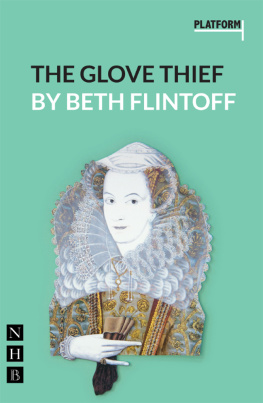


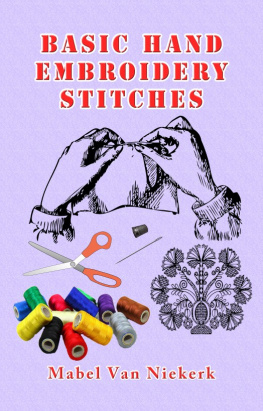
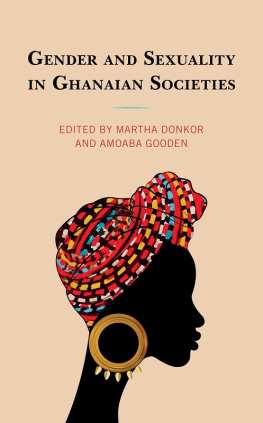
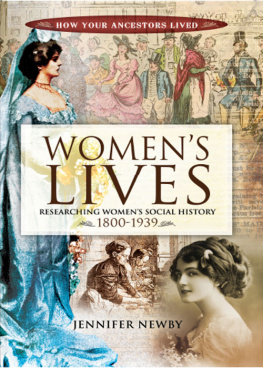
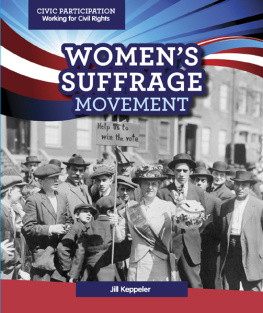
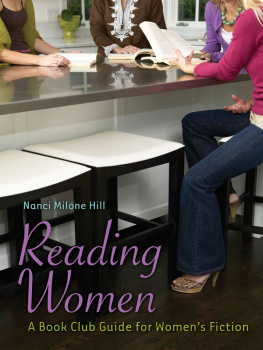


 NICK HERN BOOKS www.nickhernbooks.co.uk
NICK HERN BOOKS www.nickhernbooks.co.uk TONIC THEATRE www.tonictheatre.co.uk
TONIC THEATRE www.tonictheatre.co.uk Commissioning and publishing a range of new plays which give girls a greater share of the action was always on my to-do list when I founded Tonic in 2011. While Tonic has very big aspirations to support theatre in the UK to achieve greater gender equality it is a small company and so we have to make careful choices about where we target our efforts. I spend lots of time looking to identify pressure points places where, with a bit of work, a great effect can be achieved. For this reason, much of Tonics work focuses on partnerships with some of the largest theatres in the country, because if they change, others will follow. But it has always been clear to me that youth drama is one of the greatest pressure points of all. It is the engine room of the theatre industry; tomorrows theatre-makers (not to mention audience members) are to be found today in youth-theatre groups, university drama societies and school drama clubs all over the country.
Commissioning and publishing a range of new plays which give girls a greater share of the action was always on my to-do list when I founded Tonic in 2011. While Tonic has very big aspirations to support theatre in the UK to achieve greater gender equality it is a small company and so we have to make careful choices about where we target our efforts. I spend lots of time looking to identify pressure points places where, with a bit of work, a great effect can be achieved. For this reason, much of Tonics work focuses on partnerships with some of the largest theatres in the country, because if they change, others will follow. But it has always been clear to me that youth drama is one of the greatest pressure points of all. It is the engine room of the theatre industry; tomorrows theatre-makers (not to mention audience members) are to be found today in youth-theatre groups, university drama societies and school drama clubs all over the country. 
 Tonic was created in 2011 to support the theatre industry to achieve greater gender equality in its workforces and repertoires.
Tonic was created in 2011 to support the theatre industry to achieve greater gender equality in its workforces and repertoires.